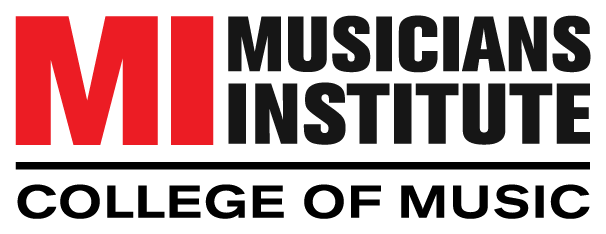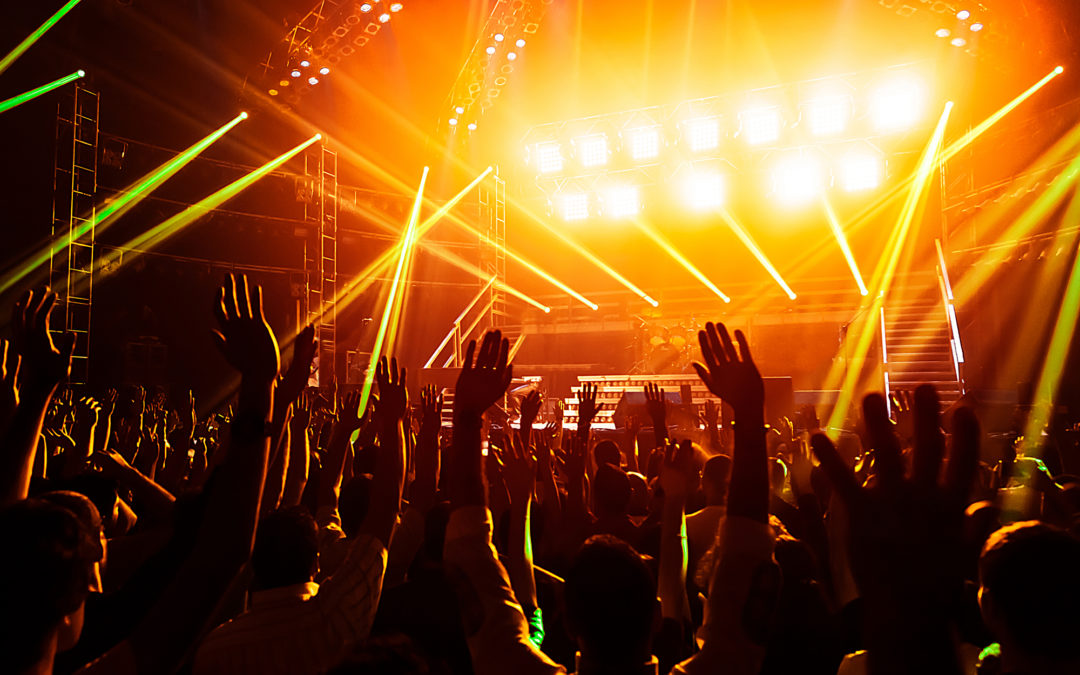On December 27, 2020, Congress signed into law the Shuttered Venue Operators Grant (SVOG) program (AKA the Save Our Stages Act) for struggling entertainment and music venues. Originally, $15 billion in grants was set aside to support small and large arts and entertainment venues shut down for 12+ months. As of June 2021, only 50 recipients have received a total of $52.4 million in emergency relief aid. Here’s what might come next.
The consequences of COVID-19 on music venues
The pandemic has posed devastating challenges for music venues of all sizes. Musicians and concert producers had no choice but to innovate with live-streamed shows and community fundraisers. For many venues, donations simply weren’t enough to support furloughed staff, employees, and talent. In June of 2020, the National Independent Venues Association (NIVA) conducted a survey that revealed 90% of music venues would permanently close their doors by the end of the summer.
Today, many music venues remain closed or at limited capacity as the country slowly returns to the “new normal.” And the financial impact of the pandemic on the live music industry was staggering: revenues dropped more than 80% in 2020.
What is the Save Our Stages Act and why is it so crucial for music venues?
According to the official SBA website, the SVOG program will disburse $15 billion in emergency relief aid to:

Blog Post
"*" indicates required fields
By submitting this form, I authorize Musicians Institute (MI) to make or allow the placement of calls, emails, and texts to me at the phone number that I have provided, including through the use of automated technology, or a prerecorded or artificial voice. I understand that I am not required to provide my phone number as a condition of purchasing any property, goods, or services. I agree to the terms of MI’s Privacy Policy. MI will not sell or rent your information to third parties, and you may unsubscribe at any time.
- Live venue operators or promoters
- Theatrical producers
- Live performing arts organization operators
- Museum operators
- Motion picture theater operators (including owners)
- Talent representatives
To qualify, applicants must have been in business since February 2020. Grantees who received a PPP loan to support their staff will have the total amount of the Paycheck Protection Program loan deducted from the SVOG grant of a maximum of 10 million dollars.
There are also restrictions on how the SVOG grants can be applied. The SBA also states that grantees must agree to not use their award to:
- Buy real estate
- Make payments on loans originated after February 15, 2020
- Make investments or loans
- Make contributions or other payments to, or on behalf of, political parties, political committees, or candidates for election
- Pay for any other use prohibited by the Administrator
The first 14 days of SVOG grants are reserved for venues that reported a 90%+ income in the peak of COVID-19, with the second 14 days reserved for venues that reported a 70%+ loss in income.
The state of SVOG funding in 2021
The majority of small music and entertainment venues are still waiting on funding. The initial SVOG program suffered from technological errors and glitches. In April 2021, the SBA reopened the SVOG program portal to applicants with a sturdier infrastructure, inspiring even greater concerns about funds quickly drying up.
Senators nationwide are also pushing for a faster disbursement of SVOG funds. Most recently, Senator Mark R. Warren (D-VA) joined Senators John Cornyn (R-TX) and Amy Klobuchar (D-MN) in a letter to Small Business Administrator Isabella Casillas Guzman urging Congress to expedite the process.
Why the long wait? In an interview with CNBC, the SBA claimed that each application requires “hundreds of reviewers” to confirm eligibility. Each application requires 30 to 100 documents, demanding a longer timeline for review and even longer wait times.
The $1.9 trillion COVID-19 relief bill passed in March 2021 added $1.25 billion to the $15 billion set aside for arts and entertainment venues. Language in the amendment to the SVOG bill allows venues that qualified for an original PPP loan and who plan to apply for a PPP2 (second draw) loan to qualify.
The opportunity to qualify for both forms of emergency relief aid is significant for indie venues closed down for more than a year. But so long as these funds remain stagnant, music venues and promoters remain in an agonizing state of limbo about what the future holds.
Help preserve the future of live music
With thousands of live music venues closed and countless others in jeopardy, it’s up to music lovers nationwide to step up until the SVOG grant program becomes more accessible. Click here to contribute to the NIVA Emergency Relief Fund. Every donation helps save a stage from shutting down.

